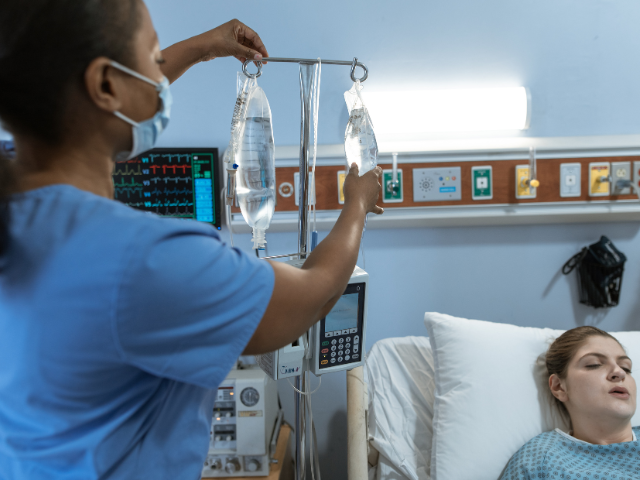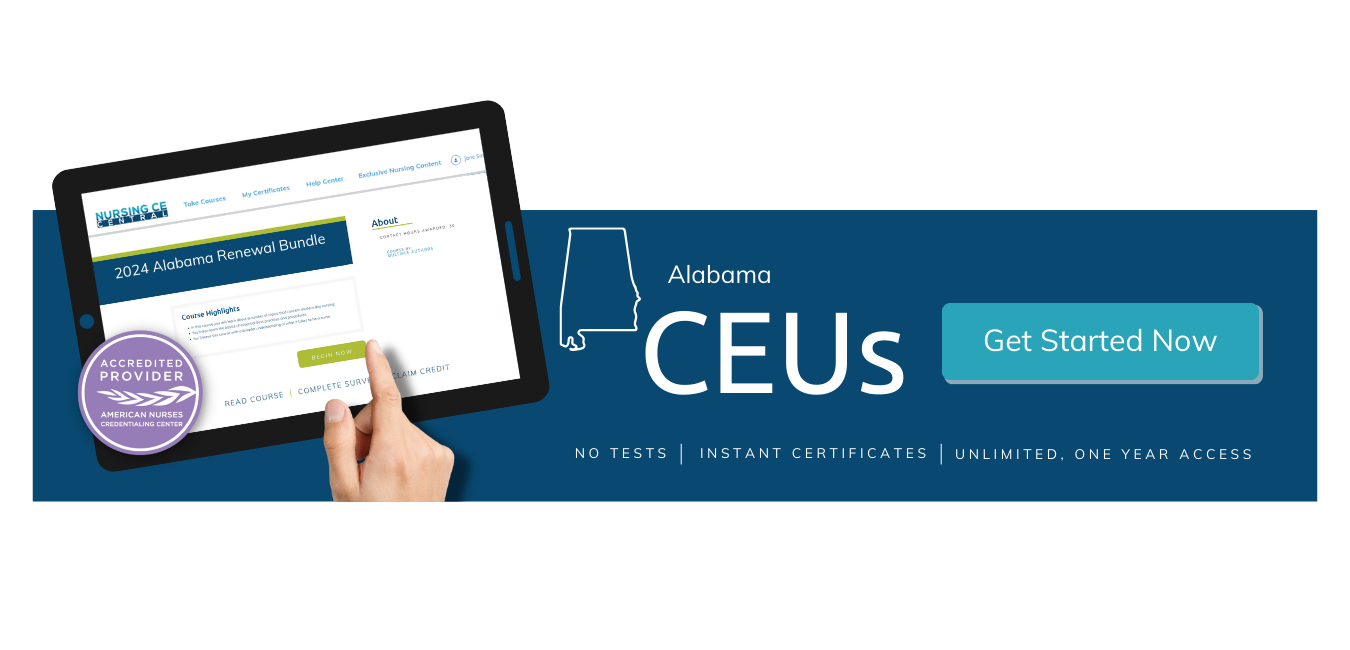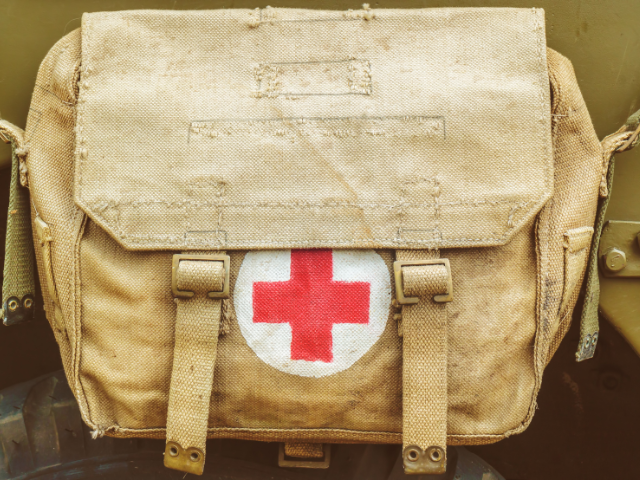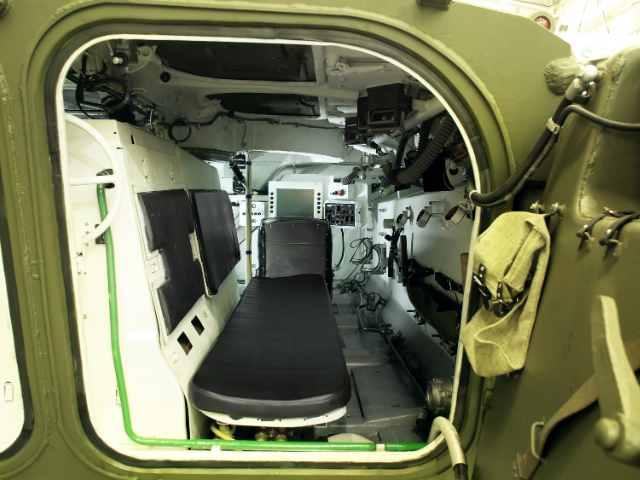Military Leadership Training
Leadership training prepared me by giving me the confidence to advocate for others and myself, take initiative, and solve problems in less ideal situations. Being in the Army is understanding that there’s a great level of unpredictability and that has taught me to be adaptable and how to manage expectations when conditions change.
This very skill has lessened my stress and allowed me to order my thoughts and act swiftly if needed. I learned great lessons on professionalism in appearance and conduct and how to communicate effectively. These valuable skills made my transition into the civilian sector of nursing relatively seamless.
I will note that with the military background, employers see you as an asset because of the wide range of professional and clinical skills you gain while serving.
Military vs. Civilian Nursing
Nursing in the civilian sector versus the Army has some slight differences. In the Army, you must follow the standards of nursing and the military. For example, I may have a Physical Fitness Test, formation (when soldiers gather for instruction), or meet criteria to move up in ranking. The options on what setting you work in are out of your control. You can request a particular duty station or sign up for a mission but ultimately you go where the Army has needs.
The patient population is different, and the hands-on experience is one of a kind. LPNs operate as medics in field settings but work in clinics and hospital settings. RNs operate under their scope in all settings. Independence in decision making is strongly encouraged but you still follow a provider’s guidance to not practice medicine. There is always a chance to be deployed on the frontlines during times of conflict. However, some nurses may not ever deploy, as I did not.









